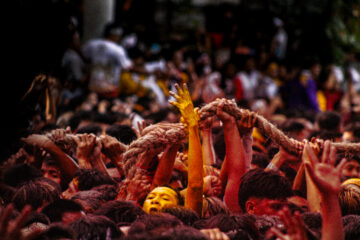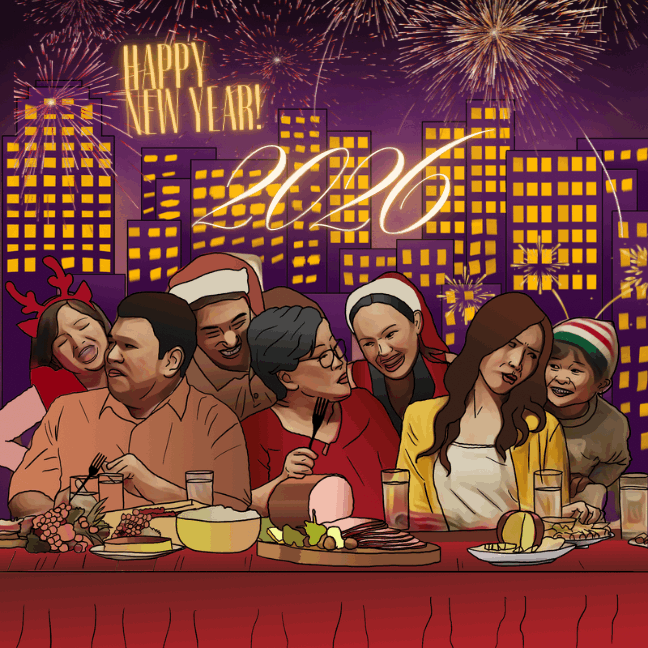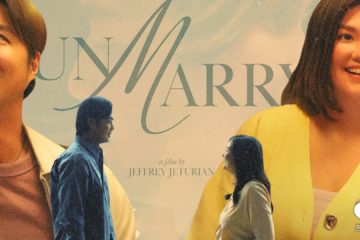STORED WITHIN colorful minds are ideals and possibilities waiting to bloom in real-life spaces.
Sometimes, all a person needs is a representation of these hampered thoughts, packaged awkwardly with the charm of young love set in the transient flow of high school.
Through dreamy filters and the feelings of love and youth, “Rookie” gives the best of all worlds with themes of sports, coming-of-age and light-hearted romance. As one of the finalists for the 19th Cinemalaya Independent Film Festival, “Rookie” also garnered the Best Editing Award for Ilsa Malsi, the Best Actress Award for Pat Tingjuy, who, incidentally, was a team captain of the UST architecture volleyball team and the Audience Choice Award for director Samantha Lee. Lee’s direction and her incorporation of queer themes into intense rivalries, angst and school spirit touch upon the thrills of uncertainty and the exploration of identity.
Though belittled and lost in the world of basketball, a sport she originally loved, opportunities still gravitate toward Ace (Tingjuy). While in a morning dash, Ace acquaints herself with Coach Jules (Agot Isidro) who handles the school’s volleyball team.
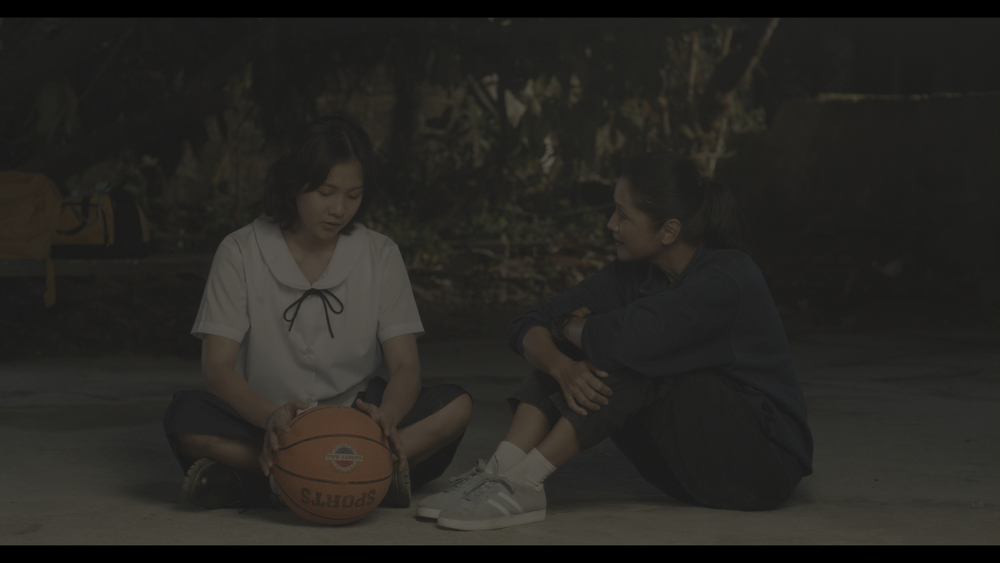
Coach Jules convinces Ace to join the volleyball team although she has no skill in the sport. Despite the uncertainty in her new endeavor, this sudden recruitment proved to be a turning point for Ace towards newfound connections, both platonically and romantically.
Ace’s incompetence in the sport are setbacks that make her question her place in the team. Her timidity clashes with Jana’s (Aya Fernandez) hot-headed nature as captain of the volleyball team. Despite sharing the same identity as volleyball players, they possessed huge differences in terms of personality and family life.
These contrasts pave the way to a classic enemies-to-lovers trope for the two. Ace’s development in the sport syncs with Jana’s development as a person as they navigate their shares of wins and losses, both in volleyball and in life.
In “Rookie,” places that are all too familiar for their restrictive nature are turned into dreamy and colorful settings. For one, Ace and Jana are able to casually display affection in front of their team members while being in a Catholic school. Another scene, which turned out to be one of Rookie’s strongest, is when Ace receives a tuxedo from her mom for the high school prom instead of a dress that she would have disliked. These scenes are delivered through the bright hues of “Rookie,” reflecting the film’s carefree atmosphere.
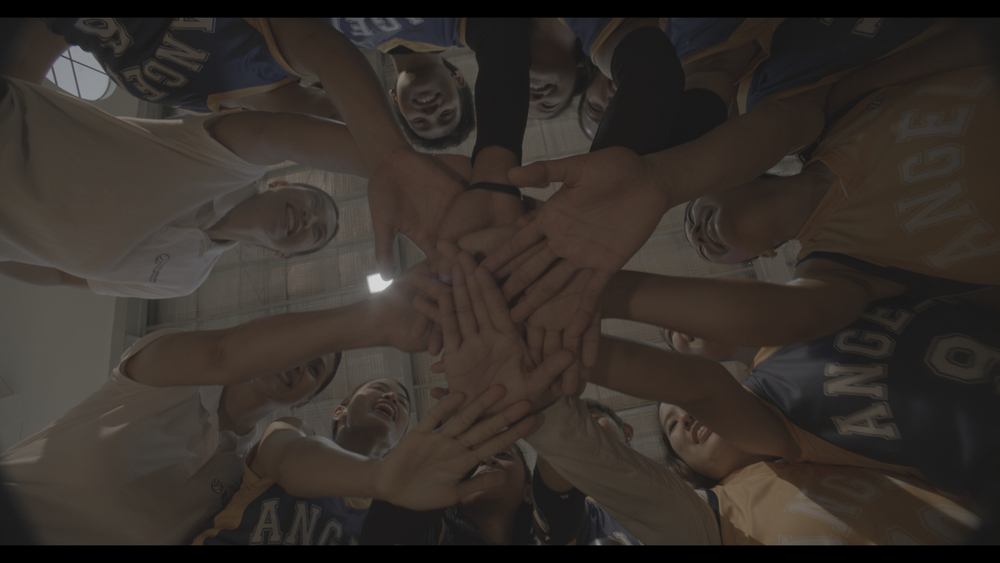
The relationship of Ace and Jana, their empathic parents and their aspiration to achieve dreams together are manifested through a simplistic setting and story-telling. Seeing them can be an empowering experience for those who find themselves resonating with the themes tackled in the film. But some gaps could have been improved regarding the development of the characters. The film did not take its time in exploring the conflicted personality of Jana’s character. From aggressively cursing to suddenly being affectionate to someone she supposedly dislikes, her character development lacked authenticity. The film did not explore her thoughts and feelings in the build-up of her relationship with Ace.
With its simple storyline, the film’s final moments still mirror Jana’s character development — lacking authenticity. One can notice its questionable time skip as the scene of a concluded high school volleyball game switches to their now grown-up selves. It makes the viewers wonder what happened between those two events. Capitalizing on the emotional progress of their romantic relationship should have been the focal point of Rookie’s conclusion to its carefree storyline.
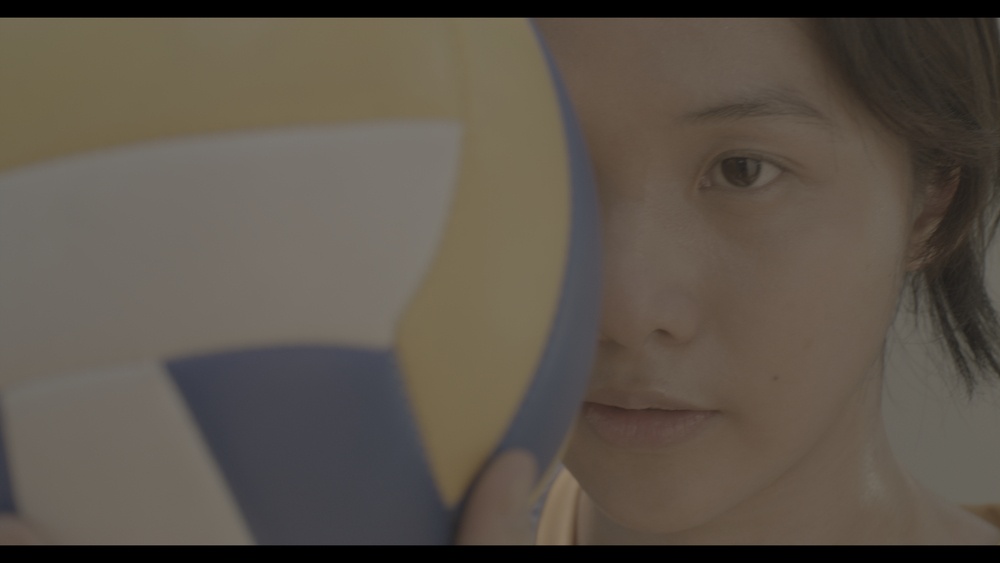
However, not everything about “Rookie” needs to be realistic. Its lack of major conflicts is more of a statement in the realm of queer cinema, signifying how a light-hearted romance between two queer teenagers can serve its purpose of representation just as effectively. Lee did not have to focus on the often overused themes of discrimination or troubled familial relationships to get her message across.
Tingjuy and Fernandez’s performances are reminiscent of the daily novelties of high school. The film’s cinematography for the volleyball scenes was worth commending as well. It captured the intensity present in the toss-up game that volleyball is, with each player desperate to not let the ball hit the floor.
“Rookie” rightfully focused on these thrilling elements, also invoking a sense of recollection of the memories made in high school. For many, “Rookie” may seem like a mere fantasy. But the film managed to represent queer individuals in a manner that is free from the animosity attached to the subject of gender identity.
“Rookie” dedicated a light-hearted tale to those who constantly seek to live out what they perceive to be their ideal identities, even if it could yield hostility. F

